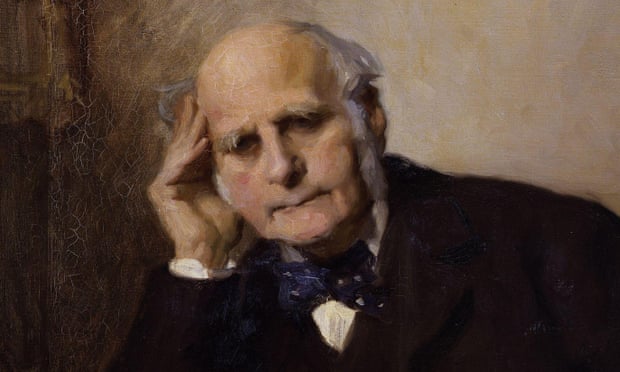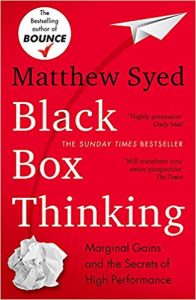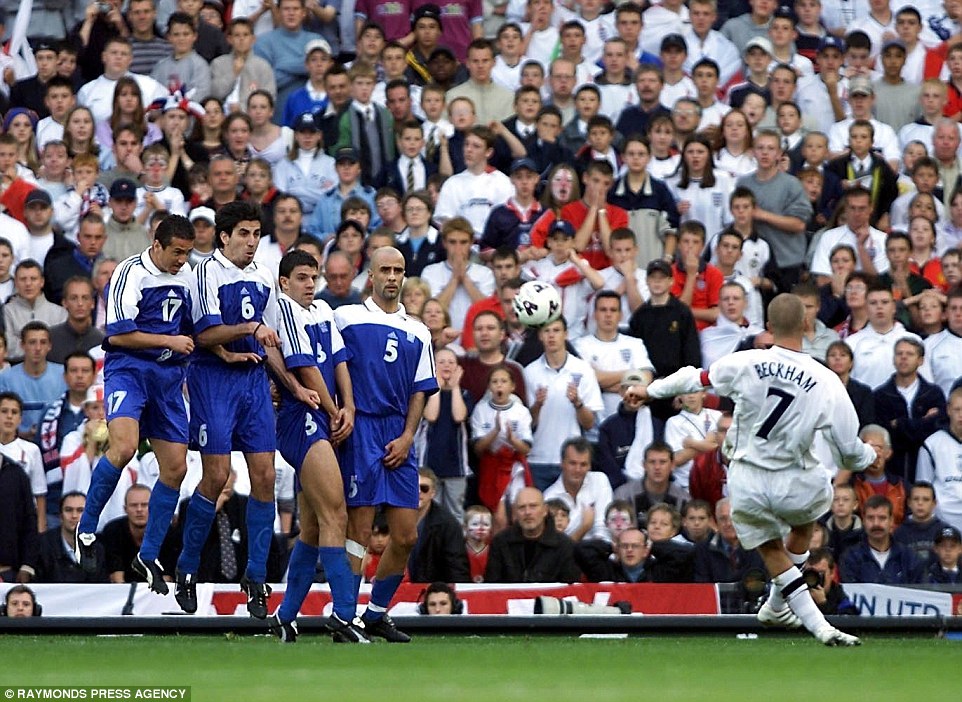
“Nature versus nurture” has been a debate that has raged for hundreds of years. Sir Francis Galton (pictured above), who was a Victorian era statistician and psychologist (amongst investor, explorer, and other disciplines) coined the phrase in his book Hereditary Genius. He had been influenced by Charles Darwin’s Origin of the Species, and so in 1869 the nature versus nature debated entered modern lexicon.
What does this have to do with trading?
Many people claim that they just can’t trade – or that you have to be a ‘natural’ at it. Well, if you do – I certainly wasn’t. I made all the classic mistakes of swinging too big a line in a single stock, not cutting losses, not having an exit plan. It appears I wasn’t gifted in any sense of the word at trading.
The success rates of traders are often used to back up this assertion. Due to new EMSA regulation introduced in 2018 – spread betting firms now need to show how many of the firm’s clients lose money.
With IG, the UK’s biggest spread betting firm, we can see on their website that “75% of retail investor accounts lose money when trading spread bets and CFDs with this provider.”
With CMC Markets, again it’s 75%. At Spreadex – it’s 67%.
Given that these are the window-dressed figures, and the figures these companies are happy for us to see (for example, what exactly defines a “losing trader” – what period of time?), I think it is safe to comfortably assume the real number is more.
However, it would be interesting to know more about the ‘losing traders’.
How many of these traders were really just punters pressing buttons frittering away a few quid? It doesn’t seem fair to bundle them with those who have spent hours painstakingly backtesting a strategy and building a routine to trade it.
Of the 75% of losing traders, I would argue that very few of those traders turned up with a winning mindset. It’s the difference between a casual kickabout and spending hours going over set pieces. One goal is to have fun, and the other is to emerge victorious.
Anyone can learn to trade
I do believe that anyone can learn to trade. Having read Black Box Thinking (you can read my summary of the book here), Matthew Syed (author of Bounce) lays out a thesis that strips away what people thought success looked like, and replaces it with practical steps to achieve goals.

One of the key themes Matthew believes is a tenet of success is repetition. He argues that success is like an iceberg – we see the tip but not what lies beneath. This is very true in trading. Many try to propagate the idea that anyone can learn to trade (an idea I subscribe to) in just thirty minutes a day where one can make huge amounts sipping cocktails by the pool (an idea I definitely do not subscribe to).
Fancy cars, watches, and holidays are all used as marketing material – but you never see the risks, the stress, the sheer amount of time that the market actually demands highlighted or even mentioned. You’re not your own boss – the market is your boss. And any serious trader will get up at 07:00 UK time no matter where they are in the world if they have positions open.
Matthew gives the example of David Beckham’s free kick goal in 2001 against Greece, which sent England through to the World Cup.
It is said that when Beckham first started practising keepy ups at the age of 6, he was distinctly average. But he kept going and would practice for hours after school, and by the time he was 9 he could do over 2,000. At this point, young David Beckham decided he had suitably mastered the skill and went on to practice something new – free kicks.
Even as a professional, David would often stay back after training to practice free kicks. The repetition never stopped.
People assume that trading is literally just buying a stock and selling it for a profit. How many of those who say they couldn’t trade ever spent more than a few hours with charts and thinking about a proper strategy?

Marginal gains
Another part of Matthew Syed’s thesis is the concept of marginal gains. This is the idea of focusing entirely on individual parts of the process and looking to refine and improve, rather than thinking of one big dramatic idea.
We can apply this to trading by thinking of all of the parts of our system: entry, exit, position size, frequency of setup, psychology, trading platforms, routines… An improvement in any of these components of our system will see a boost across the whole system, or our P&L.
If we intend to trade over a period of years, then an improvement of just 1% will compound and make a material boost to our P&Ls over the long run. Having a mindset focused on system improvement will lead to success.
Factors of success
When I wrote my thesis for one of my Masters degrees, I looked at what exactly contributed to success in expatriate cross-cultural success. After interviewing many expatriates who had completed international assignments, I found that technical competence had little to do with how successful the expatriate was in a different cultural environment. Rather, success was dependent on three factors:
- Self-motivation
- Previous international experience
- Openness
The first factor was exactly how determined the expatriate was when it came to the assignment, as this would decide how well the expatriate dealt with setbacks and cross-cultural obstacles.
In trading, setbacks come in the form of losses – which are an unavoidable trading cost. As well as these losses, we will get slippage, profit warnings, suspensions and de-listings, and brokers going bust. The stock market is a minefield of dangers.
Very often, people come to the stock market with dreams of big money, and so they position size way too big. They either lose hard and get burned, or win, continue to gamble, and eventually lose hard and get burned. This point is crucial in a trader’s journey. One can decide to either forget about the stock market forever, thus foregoing all future potential stock market profits, or decide to chalk it up to experience (success factor number two). Everyone goes through this pain, and it’s either burn or learn.
Previous international experience – or previous trading experience – is also a factor in success. One learns quickly in the stock market, as it’s a steep learning curve, and the further down the rabbit hole one goes the more valuable this experience becomes.
Finally, the third factor of success I found was openness. Are you married to your beliefs? One of the dangers of staunch beliefs is that they become a part of one’s identity. Therefore, any conflicting view is taken to be an attack on one’s identity.
The ability to quickly change your mind when the facts materially change is a great skill for making money in the stock market. Admitting that you don’t know everything, and being objective about your strengths and weaknesses, will help you when it comes to trading success.
Michael Taylor
If you enjoyed this article, Michael has written more articles and a free book on investing in the UK stock market, available to download from his website at www.shiftingshares.com. The website itself is a free resource which he hopes both traders and investors will find useful, along with summaries of relevant stock market related books.
This article is for educational purposes only. It is not a recommendation to buy or sell shares or other investments. Do your own research before buying or selling any investment or seek professional financial advice.


